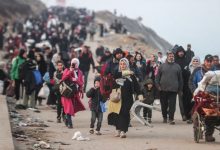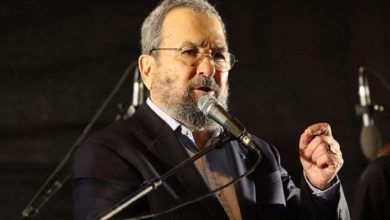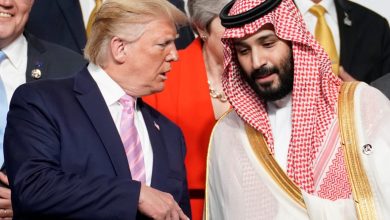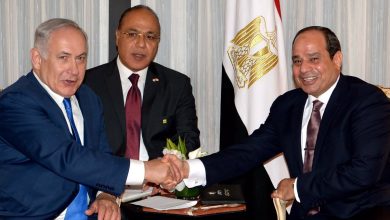UAE Blamed for Exporting Repression Through Regional Power and Political Pressure
Lebanon’s extradition of Egyptian-Turkish poet to the UAE sparks international outrage, highlighting Abu Dhabi’s use of regional influence to silence dissent beyond its borders.
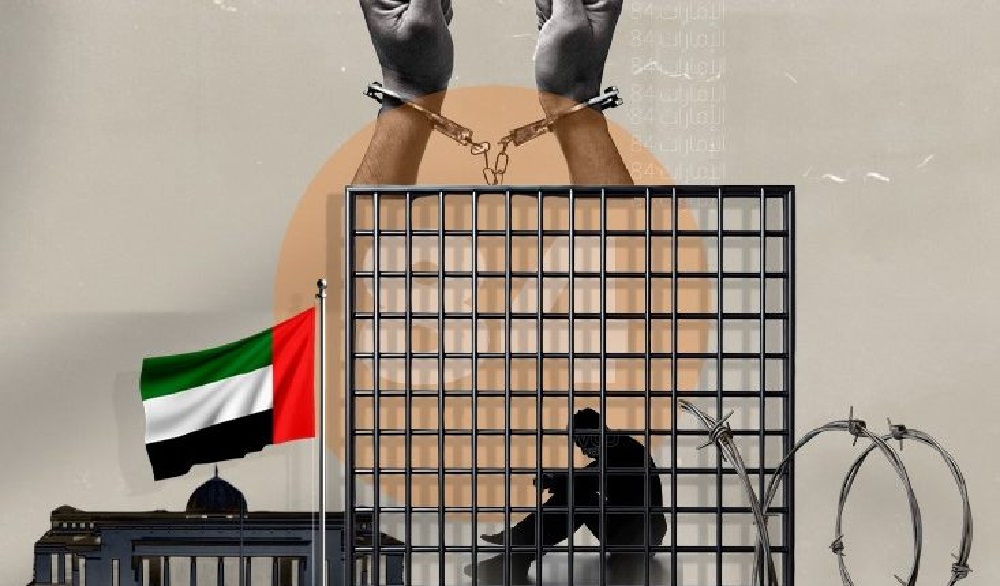
Watan-The European Centre for Democracy and Human Rights has spotlighted the UAE’s aggressive campaign against dissent and its use of regional influence to expand repression beyond its borders.
In a statement reviewed by “Emirates Leaks,” the center said that while the UAE has heavily invested in presenting itself as a progressive state, behind this façade lies a deeply troubling record of human rights violations.
Authorities in the UAE have repeatedly targeted individuals for peacefully exercising their rights to free expression and association, often using vague provisions of the 2014 Counter-Terrorism Law to equate criticism with threats to state security. This has resulted in arbitrary arrests, unfair trials, enforced disappearances, and torture.

The UAE has also exploited advanced surveillance technologies to monitor and suppress online speech. This pattern of repression has now extended beyond the UAE’s borders, as demonstrated by the extradition of Egyptian-Turkish poet and activist Abdulrahman Al-Qaradawi from Lebanon to the UAE.
On December 28, 2024, Lebanese authorities arrested Al-Qaradawi upon his return from Syria, after he posted a video online criticizing the governments of the UAE, Saudi Arabia, and Egypt. The video prompted UAE and Egyptian authorities to individually request a provisional arrest warrant from the Arab Interior Ministers Council, which ultimately led to his detention.
This action was compounded by a 2017 in-absentia sentence in Egypt, which convicted Al-Qaradawi on politically motivated charges of spreading false news and disturbing public order. On January 2, 2025, both the UAE and Egypt submitted formal extradition requests based on similar accusations.
Despite warnings from the United Nations, the Lebanese government approved his extradition to the UAE on January 7.
The center emphasized that given the UAE’s extensive record of human rights abuses, Lebanon’s decision violates the international principle of non-refoulement, which prohibits transferring individuals to countries where they risk inhumane treatment.
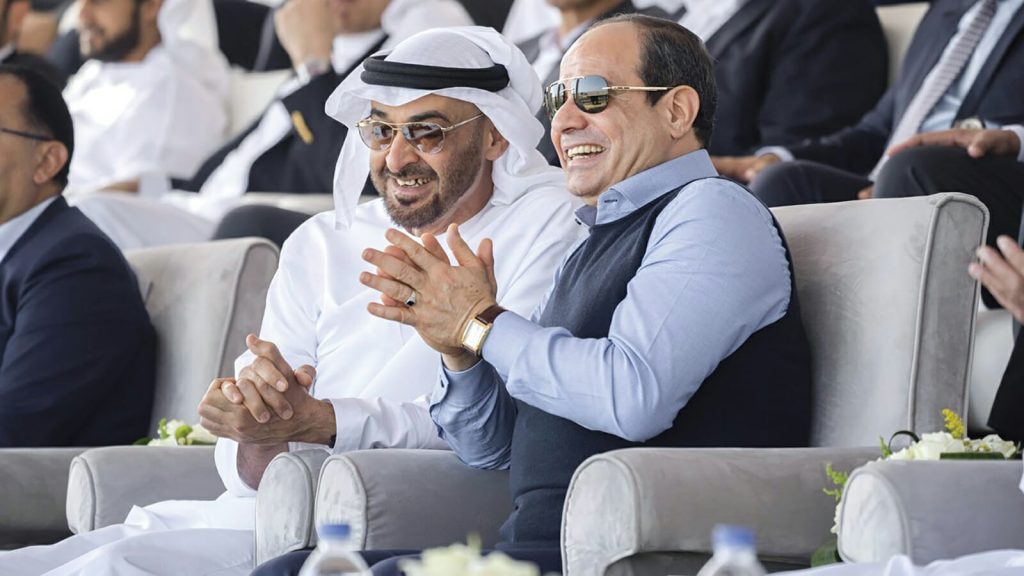
Moreover, Lebanon’s decision came despite the absence of a bilateral extradition treaty with the UAE and involved a non-UAE citizen who does not reside there—strongly suggesting the move was politically, not legally, motivated.
Reports also point to political pressure behind the extradition. Lebanese Prime Minister Najib Mikati reportedly received assurances from the UAE foreign minister promising fair treatment of Al-Qaradawi and reciprocal handling of similar cases.
However, the UAE immediately ignored those assurances after Al-Qaradawi was handed over on January 8. He has since been forcibly disappeared. His family has been unable to obtain any information about his whereabouts or legal status, and he has been denied legal representation and consular access by the UAE authorities.
Fears for Al-Qaradawi’s safety are mounting, given his likely prosecution under the UAE’s Counter-Terrorism Law—similar to the fate of Emirati-Turkish citizen Khalaf Abdulrahman Al-Rumaithi.
Al-Rumaithi was extradited from Jordan to the UAE in May 2023. He was forcibly disappeared and later subjected to a mass trial targeting political dissidents. These trials are known for lacking transparency and due process, frequently denying legal aid and subjecting detainees to torture and other forms of ill-treatment during detention.
The indefinite detention clauses in the UAE’s anti-terror law only worsen the already dire conditions for detainees.

On March 9, 2025, the Egyptian parliament ratified a treaty facilitating the transfer of convicted prisoners between Egypt and the UAE. Given Egypt’s own poor human rights record, this treaty raises the risk of Al-Qaradawi being sent back to the UAE again, further exposing him to arbitrary detention and abuse.
The extradition of Al-Qaradawi highlights the UAE’s relentless crackdown on dissent, exploiting its regional clout to extend repression beyond its citizens and borders. By violating international human rights laws, these actions subject individuals to unjust and inhumane treatment. The case sets a dangerous precedent that threatens freedom of expression and undermines human rights across the region.


